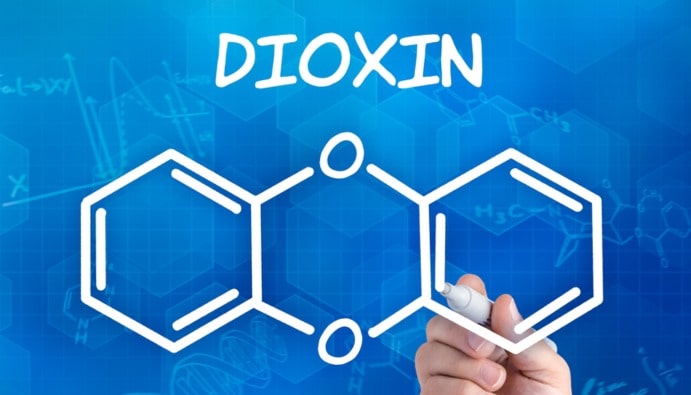
BLOG
KATEGORİDEKİ DİĞER YAZILAR

Dioxins and PCBs (Polychlorinated Biphenyls) are persistent organic pollutants that pose serious risks to the environment and human health. TheEPA 1613 and EPA 1668 standards are sensitive analysis methods developed to detect and quantify these harmful compounds. These analyses are used especially in the inspection of food products, environmental samples and industrial wastes.
Dioxins can be released into the air as a result of forest fires and volcano eruptions, or they can be produced by improper incineration of urban products and garbage. They are mainly a by-product of industrial applications. They are persistent organic pollutants and highly toxic.
Exposure to dioxin can cause cancer, damage to the immune system, affect hormones and cause reproductive and developmental problems. For this reason, tests and analyzes are carried out to prevent dioxin from entering foods or to detect foods containing dioxin.
WHO-PCDD/F-TEQ is the sum of the toxic equivalents of the 17 most toxicologically important dioxins and furans. The limit for the sum of dioxins (WHO PCDD/F-TEQ) should be 0.75 pg/g. Dioxins accumulate in the body and it is the total amount in the body, the body burden, that determines the health effects, not the daily dose. The assessment is made as a result of the Total Dioxins in Foods (WHO PCDD/FTEQ) Analysis.
The Total of Dioxins (WHO PCDD/FTEQ) can be analyzed in the following products
EPA 1613: Octa-Chlorinated Dioxins and Furans via Tetra- by Isotope - Dilution HRGC/HRMS
EPA 1668: Toxic Polychlorinated Biphenyls by Isotope Dilution High Resolution Gas Chromatography / High Resolution Mass Spectrometry
Nanolab Laboratories Group continues to provide services within the scope of Total Dioxins (WHO PCDD/F-TEQ) Analysis. We also provide services in Shelf Life Studies.
Contact us for more information.
You can follow us on LinkedIn for up-to-date news and posts about our services.
Follow our Instagram account to be informed about our latest blog posts.